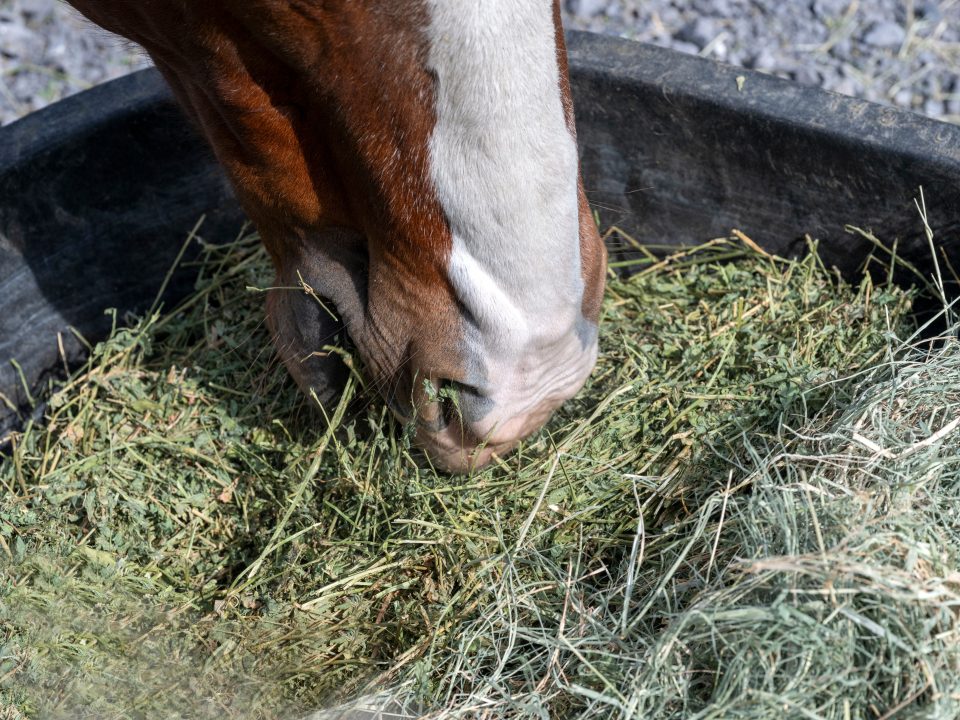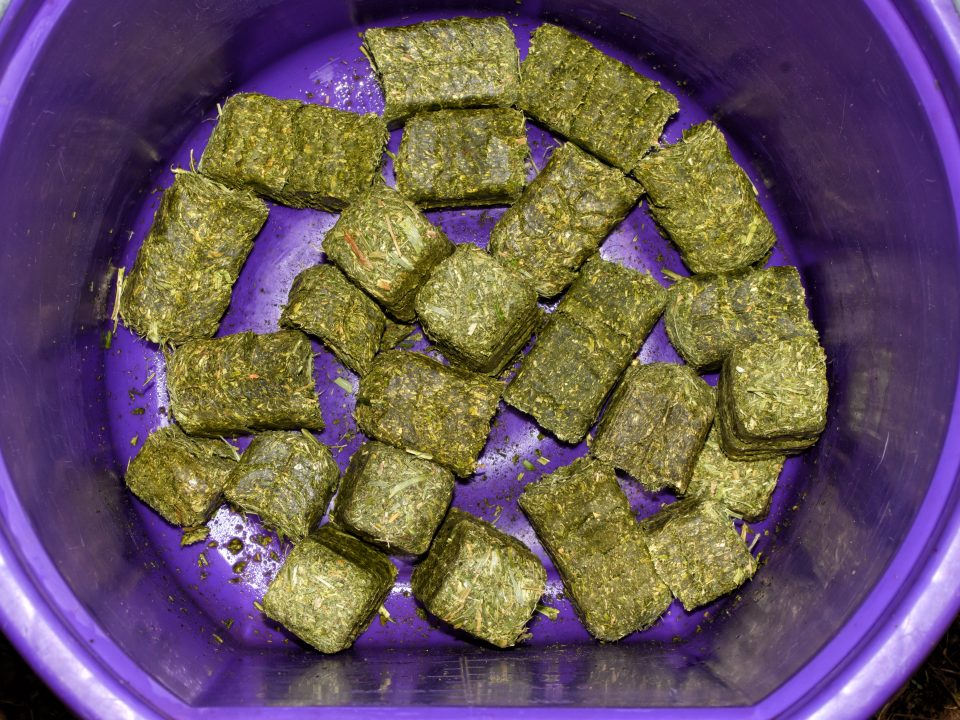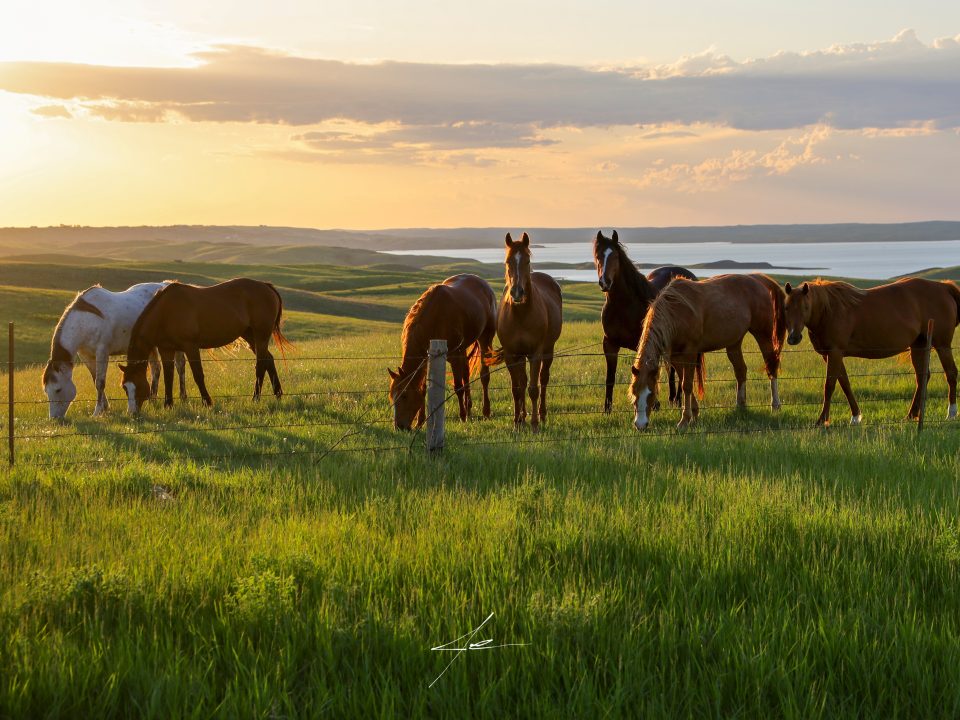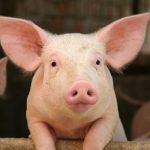
The Basics of Swine Nutrition: What Pigs Need to Thrive
July 15, 2025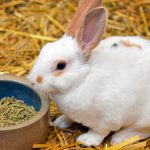
Optimizing Growth Rates Without Overfeeding Rabbits
July 16, 2025The Importance of Fresh Water & Hydration in Meat Rabbits
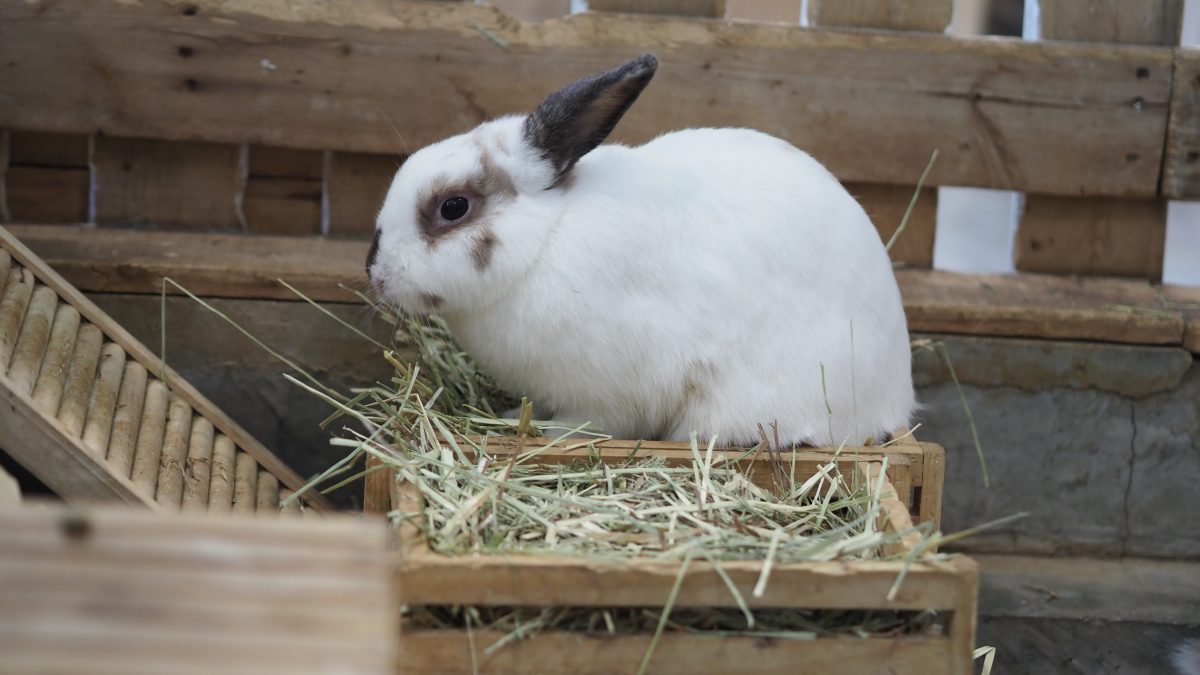
Raising healthy, productive meat rabbits requires more than just quality feed and clean housing—it hinges on one of the most overlooked essentials: fresh water. Hydration plays a critical role in every aspect of a rabbit’s health, growth, and meat quality. Whether you’re a small homesteader or a commercial producer, understanding the importance of water in your rabbitry can make a significant difference.
Why Water Matters
Water is the most vital nutrient for rabbits. It supports digestion, regulates body temperature, aids in nutrient absorption, and is essential for metabolic processes. In meat rabbits, proper hydration directly impacts:
- Growth Rates: Dehydrated rabbits eat less, grow slower, and convert feed less efficiently.
- Reproduction: Breeding does and lactating does require significantly more water. A lack of it can lead to smaller litters or even failed pregnancies.
- Meat Quality: Well-hydrated rabbits have better muscle development and less stress, which improves meat texture and flavor.
Signs of Dehydration
Rabbits can become dehydrated quickly, especially in hot weather or if water systems fail. Watch for:
- Lethargy or weakness
- Sunken eyes
- Dry or tacky gums
- Reduced feed intake
- Thick, sticky urine
If you notice these signs, act immediately by offering cool, clean water and checking your watering system.
Best Practices for Hydration
- Always provide clean, fresh water: Replace water daily and clean containers or lines regularly to prevent algae and bacterial buildup.
- Use appropriate delivery systems: Nipple waterers are hygienic and reduce spillage, while crocks are easy to monitor but require more maintenance.
- Monitor in extreme temperatures: In summer, increase water availability and consider adding ice bottles. In winter, prevent freezing with heated bottles or insulated systems.
- Supplement when needed: Electrolytes can help during stress, heatwaves, or after transport, but should not replace clean water.
Water and Feed Efficiency
Water intake is closely tied to feed intake. A rabbit that doesn’t drink won’t eat, and a rabbit that doesn’t eat won’t grow. Ensuring consistent access to water improves feed conversion ratios, which is key for meat production efficiency.
Final Thoughts
Water is not just a basic need—it’s a performance driver in meat rabbit production. By prioritizing hydration, you’re investing in the health, welfare, and productivity of your rabbits. Make water management a daily habit, and your rabbits—and your bottom line—will thank you.
At Country Companion, we are committed to being your partner in building strong nutritional foundations for your rabbits. For high-quality rabbit feed visit Country Companion-Rabbit Feed.

